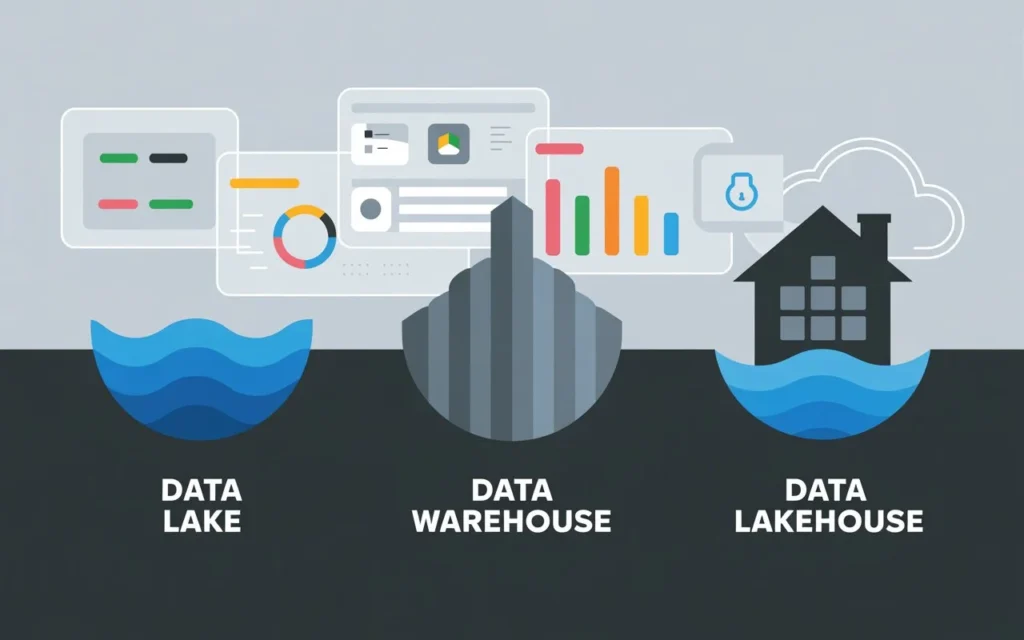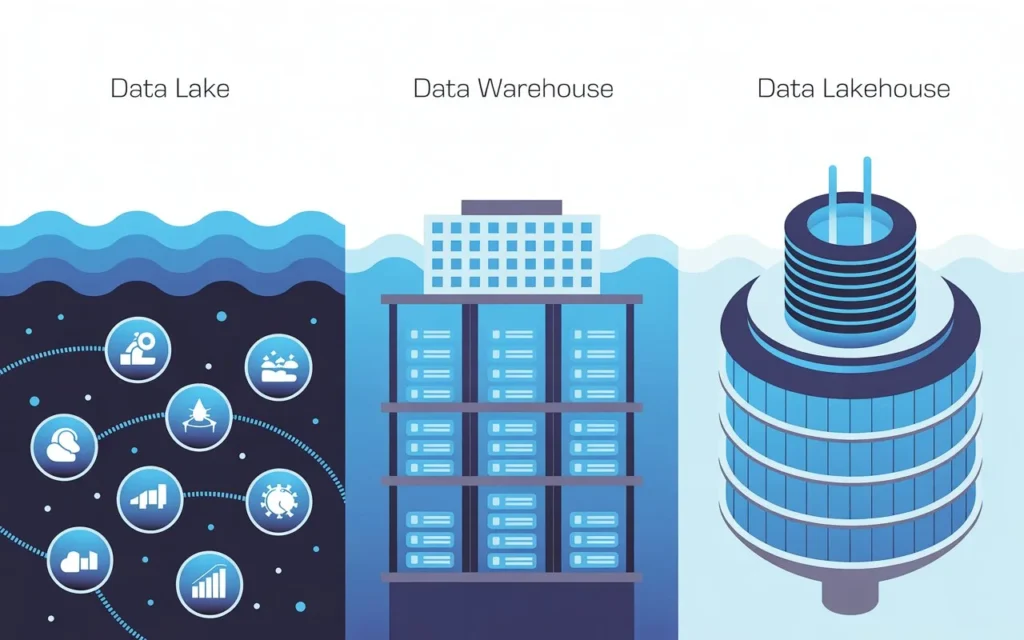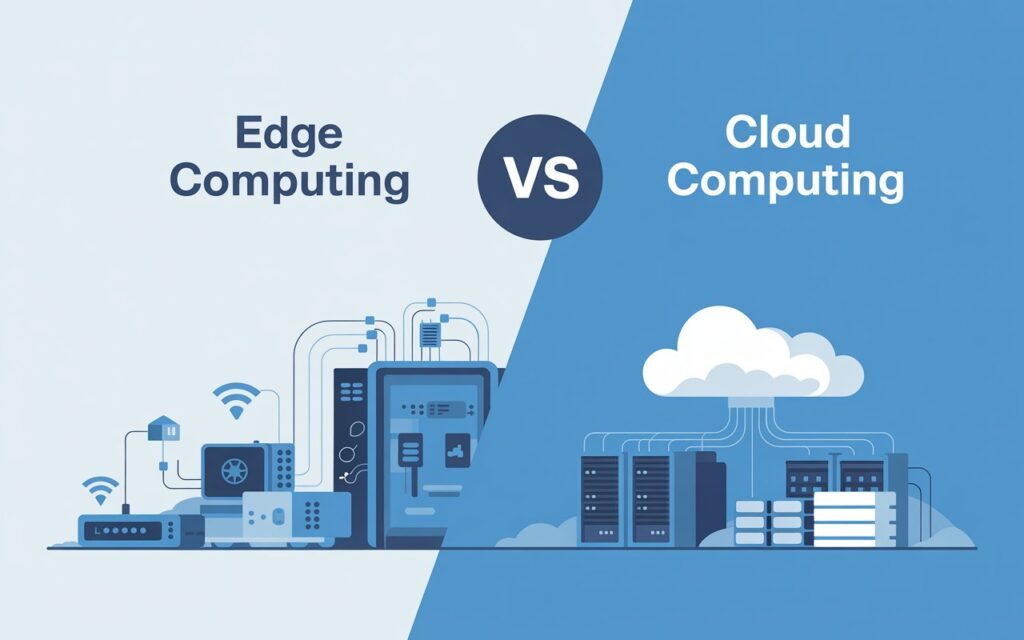Data Lake vs Data Warehouse vs Data Lakehouse: Making the Right Business Choice
Why Businesses Need to Reconsider Their Data Platforms

Data Warehouses: Structured Insights for Business Intelligence
Data Lakes: Flexible Storage for Raw and Complex Data
Data Lakehouses: Bridging Analytical Reliability and Scalability

Data Lake vs Data Warehouse vs Data Lakehouse: Core Differences
Choosing the Right Approach for Business Growth
- If the priority is regulatory reporting and fast, reliable dashboards, a warehouse remains the strongest candidate.
- If the focus is on innovation, AI, or handling diverse data types, a lake provides unmatched flexibility.
- If the business seeks a balance of both worlds with scalability, then a lakehouse could offer the most future ready solution.
FAQs:
- What is the main difference between a data lake and a data warehouse?
A data warehouse stores structured, organizeded data optimized for reporting and analytics, while a data lake stores raw, unstructured, and semi-structured data for more advanced and exploratory use cases.
- What is a data lakehouse, and why is it important?
A data lakehouse combines the scalability and flexibility of a data lake with the reliability and governance features of a warehouse, creating a unified platform for both structured and unstructured data.
- Which is better for business use: data lake or data warehouse?
It depends on the use case. A warehouse is better for business intelligence and compliance reporting, while a lake is better for machine learning, predictive analytics, and handling varied data types.
- Can a business use both data lakes and data warehouses?
Yes, many enterprises adopt a hybrid strategy, using warehouses for operational reporting and lakes for innovation and advanced analytics.
- Is the data lakehouse model ready for enterprise adoption?
Yes, though still evolving, lakehouses are increasingly adopted by enterprises seeking to reduce duplication, cut costs, and unify their data strategies.


